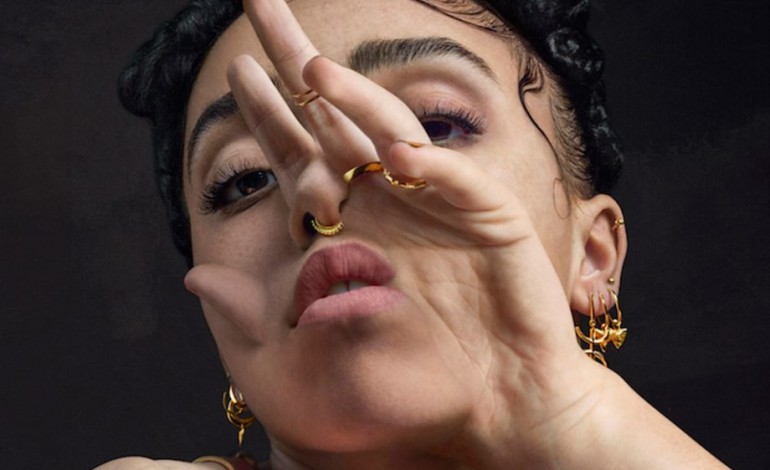
In light of the recent unofficial removal of the Edward Colston statue, erected to celebrate the achievements of the Bristolian philanthropist – and prolific slave-trader – and recently hurled into the Avon River, there has been heated discussion as to how best to approach the city’s history of slave-trading. Bristol based duo Massive Attack took to their official Twitter page, @MassiveAttackUK, last week to propose, “The Colston statue should never have been a public monument,” and now many other artists have joined the conversation.
In an NME article addressing the city’s uncomfortable past, it is said that “campaigners have been pushing to address Bristol’s chequered past, which is built on exploitation and enslavement.” Much of the city’s wealth had reportedly been generated by the transportation of 84,000 slaves from Africa to America, which Colston oversaw in conjunction with the Royal Africa Committee.
Alarmingly, however, Colston’s legacy is revered each November when multiple churches around the city observe Colston Day, while entire streets and squares in Bristol are named after the former philanthropist / slave-trader. Meanwhile, taking to her Instagram account, FKA Twigs expressed her distaste with the city’s pride-of-place statue: “as a gloucestershire born woman,” she says, “who as a child walked past this statue many times / as a woman whose father’s surname is smith / all i can say is / it shouldn’t have been there in the first place.”
POWER of Voice! https://t.co/cUeDGwIe3b
— Solomon O.B (@SolomonConcepts) June 8, 2020
One individual particularly aggrieved by his city’s veneration of the historical slave-trader is local artist and poet Solomon OB, who was one of the Bristolian voices present at the Colston statue’s empty pedestal to speak out on June 7th. Colston’s presence within Bristol is, he says, “a metaphor for how racism operates: ever present, but often in the background.”
Taking to his official Twitter account, @SolomonConcepts, the wordsmith posted images and footage of his own impassioned speech, as well as recordings of other orators speaking up on behalf of the #BlackLiveMatter movement. Discussions surrounding Bristol’s historic links with slave trade had been hotly debated for years prior, but it seems recent events have lit the match for this current firestorm of voice, protest and renewed perspective.
